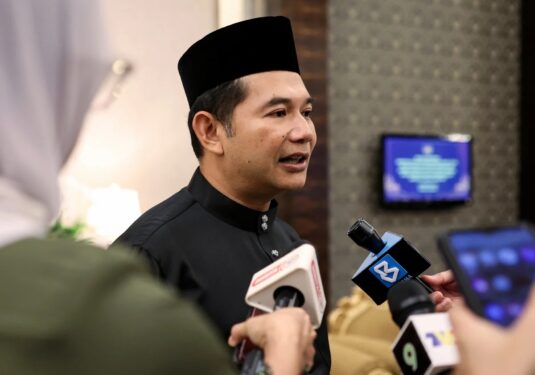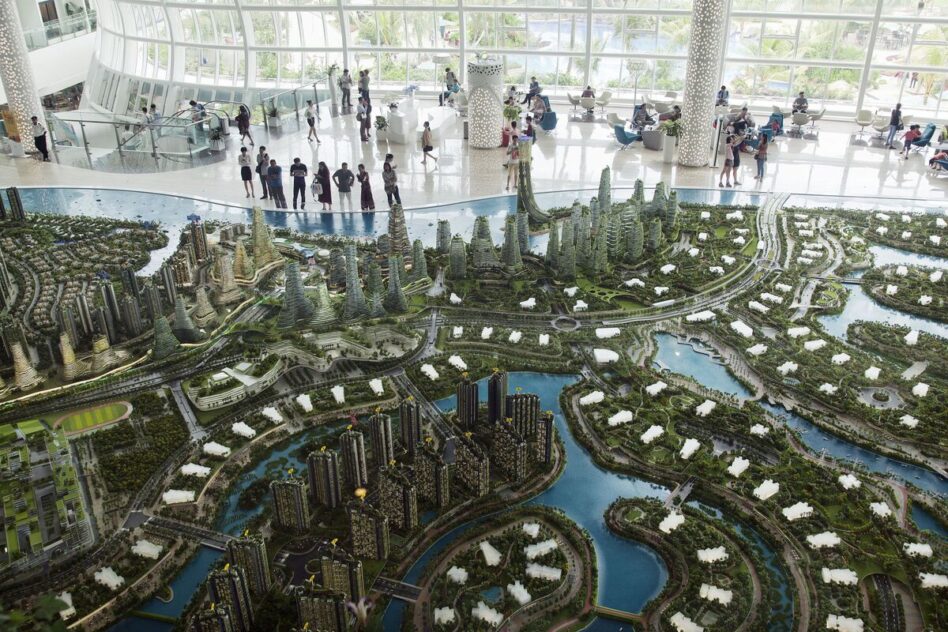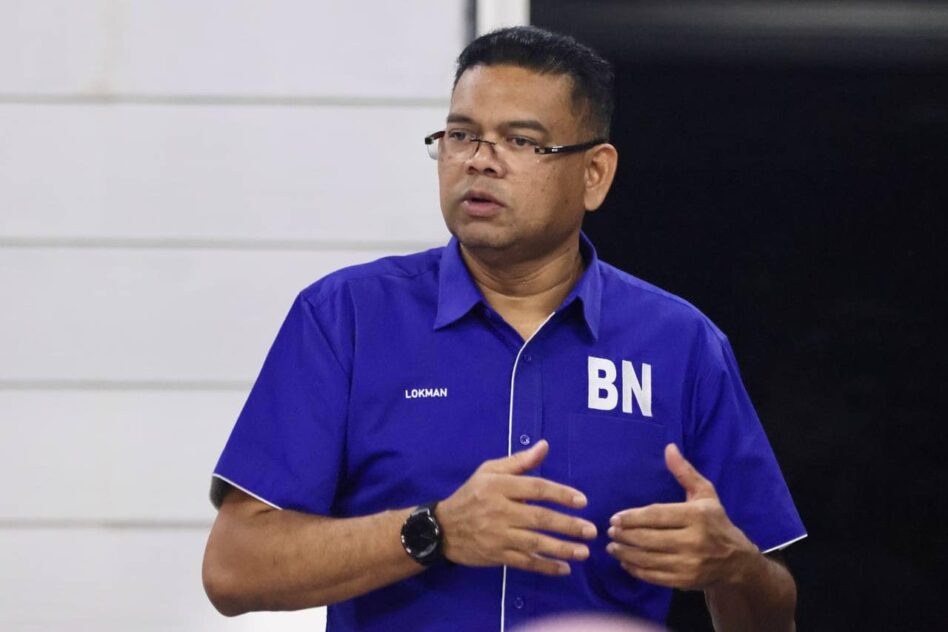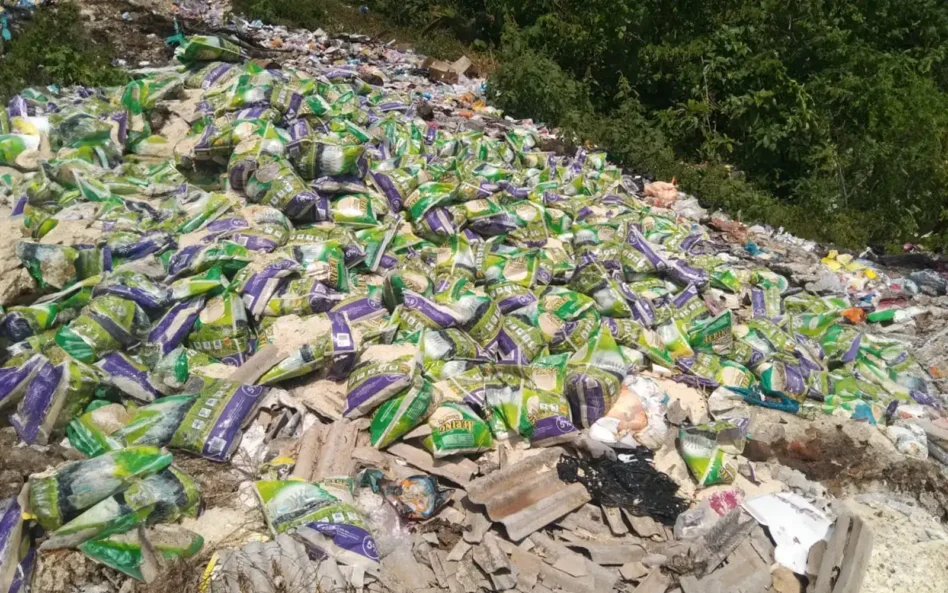KUALA LUMPUR: Former finance minister Tun Daim Zainuddin hopes to see a renewed commitment by the government in bringing down food prices next year.
He said the government must first address the root cause of the problem – the inability of the agriculture sector to fulfil domestic demand due to, among others, land and financing issues.
This will help assuage the people’s unhappiness on the cost living issue, he added.
“My suggestion to the government is to have a special agency just to address this issue, make sure the land is easily available and have a special fund for this,” he said at the 29th Tunku Abdul Rahman Lecture here on Dec 18.
Daim said the bureaucracy of ministries and agencies must be reduced to improve the delivery efficiency and create a simpler way of doing business.
“At the and of the day, there must be efficiency and we need people with integrity to run all these agencies,” he added.
He felt that with the government’s commitment and people’s willingness to go into the agriculture sector, the country could reduce the import of agro-food, which exceeded RM52 bil last year, in three years.
Furthermore, he added, laying emphasis on agriculture would help create employment and improve income in the sector.
“At the end of the day, what is important is that we have a healthy life, the cost of living goes down, productivity goes up and income goes up. So, everybody (is) happy,” he added.
Earlier in his speech, Daim said agriculture holds the key to fixing the country’s economy and saving the environment, as well as helping lift the socio-economy of the communities.
He said modern and precise agriculture will improve yields and provide higher income to the farmers, which in the long run, if managed properly, would become a generational wealth creation.
“Besides the farmers themselves, the modernised agriculture sector will create jobs all along the supply chain,” he said, adding that these include logistics providers, researchers, analysts, drone manufacturers, food technicians, nutritionists, ecologists and veterinarians.
“We can start to do away with unpredictable income provided by the gig economy and give our youths real long-term career opportunities,” he added.
Daim wants the government to, therefore, make it easy for farmers to obtain and understand Information relevant to their industry, including data on soil quality, weather patterns, suitable crops, market prices and agricultural input costs.
“How they make use of the data is up to them, but access to data cannot be confined to a privileged few,” he stressed.
Aside from information, he added, farmers also need to be given better market access.
“This means fewer steps in the supply chain, thus improving the profits received by farmers and fishermen and reducing the end cost paid by consumers,” he said.
Daim felt this could be achieved through technology such as digital platforms or e-commerce that could ensure that farmers have more options as to who they sell their produce to, and as a result, have greater leverage.
“They can know the base selling price for the produce and know what other wholesalers are willing to pay.
“They (digital platforms) give data analytics that help farmers understand pricing trends, empower them with the knowledge and leverage to get a fair price for their products,” he added.
Daim also said technology improves access to resources, reduces gatekeepers who wish to make excessive financial gains, bridge inequality and eradicate corruption.
“Technology can make many of the steps along the supply chain far more transparent. It can open up access to opportunities, allowing all people, regardless of age, gender, religion, or ethnicity to succeed,” he explained
Daim pointed out that agriculture has a role in alleviating the rural-urban divide.
“A vast majority of agricultural and aquaculture activities exist in rural areas, and if these rural economies develop, so must their infrastructure.
“The livelihoods of our rural folk will be improved, and so the rural-urban migration will be reduced as more people are able to make a decent living outside of the main cities. This, in turn, would ease the strain of overcrowding and congestion in urban areas,” he added.
The lecture series acts as a platform to encourage interaction and incubate strategies towards 21st century leadership skills.
It aims to showcase some of the most sought-after and forward-thinking leaders from around the globe, sharing insights on challenges and issues of a dynamic and globalised economy and society. – Bernama










